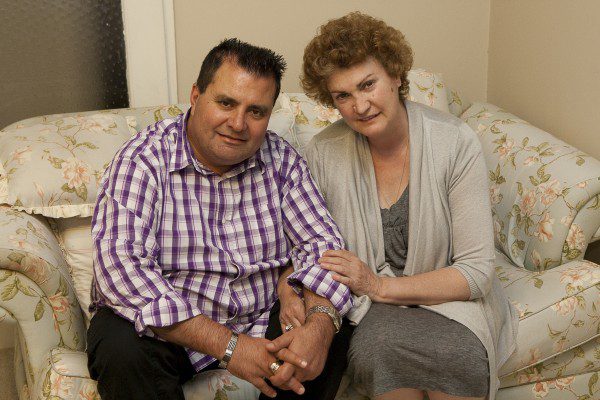The Victorian government has set about reinvigorating the state’s mental health system by implementing sweeping reforms this month, which aim to give consumers greater access to care.
The Minister for Mental Health Mary Wooldridge announced a $74 million recommissioning of community mental health services that “will better support adults and young people with mental illness to live independently, maintain the best possible social and emotional well being and live satisfying lives in the community”.
The industry restructure was instigated by calls for change from consumers within the mental health community. The measures aim to introduce flexible support packages, a single intake system and an improved youth residential rehabilitation system. Notably, they aim to centralise planning throughout the state.
Fiscally, the restructuring will merge funding from 11 programs to four, which Ms Wooldridge claims will create more flexibility with how programs and service providers utilise funding.
The minister assured the public that these reforms were about giving people with a mental illness better access to services.
“These reforms are about ensuring people with a mental illness get high quality support tailored to their individual needs,” Ms Wooldridge told Neos Kosmos.
“The community mental health sector sought significant reform as they believed the previous approach was fragmented and failing to consistently deliver the high quality support needed for people with a mental illness. The design of the new approach has been undertaken with detailed input over three years from the peak organisation, people with a mental illness, carers and service providers.”
Fairfax Media reported that the reforms would bring about job cuts, but the minister moved to reassure consumers and employees that increased funding would create more jobs.
Industry body VICSERV CEO Kim Koop told Neos Kosmos that it was too early to tell whether changes have had a positive impact.
“There was a shared view between the services, the consumer and the government that there needed to be some change and we set on a path towards that,” she said.
“We [VICSERV] supported the initial planning for reform, but I think the scale and speed of the reform is greater than we expected, and as a result we need to pay full attention to that transition period, to ensure that we get good outcomes for people with mental illness and their families.”
Ms Koop reiterated that the changes aimed to address the intake process, including a focus on individual needs for families and carers of people requiring mental health care. She said that it was the waning of the transitional period that will take some adjustment.
“The transition will be people finding new jobs, clients finding new workers, people bedding down new service models and approaches. There’s a lot of work to do.”
“It’s going to take us a while for those new relationships to be made, to be formed, and for people to feel comfortable that their needs are being understood and being met.”
Greek Egyptian mental health consumer advocate Evan Bichara has welcomed the reforms.
He said that the changes were necessary because Victoria hadn’t actively set about reform in over 40 years. He opined that the changes will improve
consumer recovery, by minimising time for compulsory treatment, and, coupled with the introduction of a mental health complaint’s commissioner, more adept approaches can be made to continually improving the system. The commissioner, he said, would serve as both a complaints officer, as well as a consumer suggestion line, and would offer interpreting services, including Greek.
“Beforehand people didn’t have as much of a choice of service or community activity that they could get involved with in the mental health system. There’s more collaboration now,” he said.
Accordingly, the previous system had become “stagnant”.
“It wasn’t vibrant and people weren’t confident enough to voice ways forward and that was a delayed process, particularly with the ethnic communities, they didn’t want to voice the way forward, the Greek community in particular.”
*Evan Bichara runs two multicultural mental health consumer groups. If you or someone you know would like further information, contact Mr Bichara on 0411 054 882.









